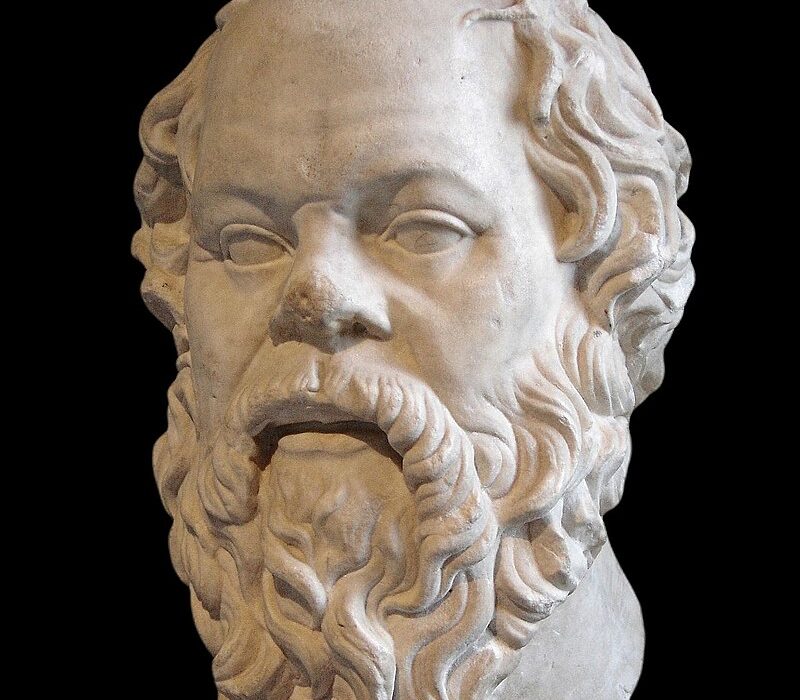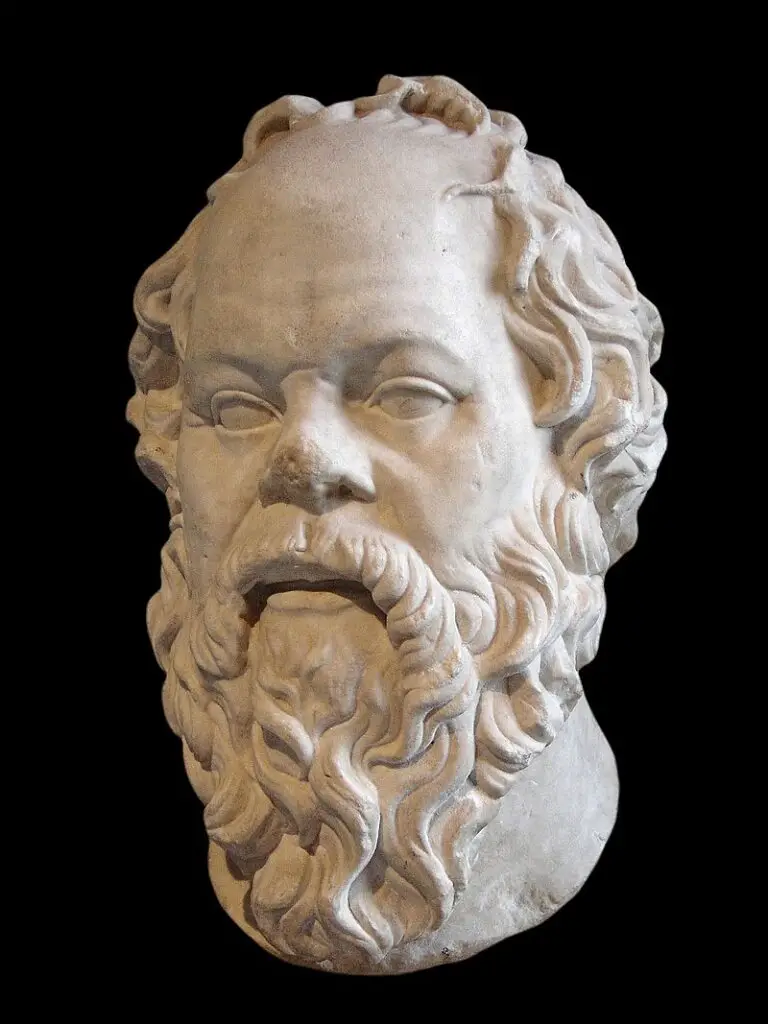The legacy of Socrates, one of the most influential philosophers of ancient Greece, extends far beyond his own lifetime, shaping the course of Western philosophy and intellectual thought for centuries to come. Socrates’s contributions to philosophy, ethics, and critical thinking laid the groundwork for subsequent philosophical movements and inquiries into the nature of knowledge, morality, and the human condition. By exploring Socrates’s life, teachings, and impact, we gain insight into the enduring legacy of wisdom and philosophy in ancient Greece and beyond.
Socrates was born in Athens around 470 BCE and lived during a time of great intellectual and cultural flourishing known as the Classical Period of Greece. He was known for his unique teaching method, which involved engaging in dialogues and discussions with his fellow citizens on the streets, marketplaces, and public spaces of Athens. Unlike earlier philosophers who focused on metaphysical speculations or natural phenomena, Socrates’s philosophical inquiries centered on questions of ethics, morality, virtue, and the pursuit of knowledge.
One of the defining characteristics of Socratic philosophy was his emphasis on critical thinking, questioning assumptions, and seeking deeper understanding through rational inquiry and dialectical reasoning. Socrates famously claimed that “the unexamined life is not worth living,” highlighting the importance of self-awareness, introspection, and philosophical inquiry in leading a meaningful and fulfilling existence.
Socrates’s method of questioning and challenging prevailing beliefs and opinions earned him both admiration and criticism among his contemporaries. He engaged in intellectual debates with politicians, poets, artisans, and sophists, seeking to uncover underlying truths and principles through reasoned argumentation and logical analysis. Socrates’s commitment to intellectual honesty, integrity, and intellectual humility made him a beloved figure among his followers and students, who came to be known as the Socratic circle.
One of the most famous aspects of Socrates’s philosophy is the Socratic paradox, which is encapsulated in his statement “I know that I know nothing.” This paradoxical assertion reflects Socrates’s recognition of the limitations of human knowledge and the necessity of intellectual humility in the pursuit of wisdom. Rather than claiming to possess absolute knowledge or certainty, Socrates embraced the idea of intellectual openness, skepticism, and the continuous search for truth through questioning and dialogue.
Socrates’s teachings were not confined to abstract philosophical concepts but had practical implications for ethical conduct and moral decision-making. He believed that the ultimate goal of philosophy was to cultivate virtue, wisdom, and moral excellence in individuals and society as a whole. Socrates’s ethical philosophy emphasized the importance of self-knowledge, moral integrity, and the pursuit of the good life through virtuous conduct and intellectual growth.
Despite his profound influence and philosophical insights, Socrates’s life was not without controversy and conflict. He faced accusations of corrupting the youth of Athens and introducing new gods to the city, charges that were brought against him by his detractors. In 399 BCE, Socrates was brought to trial and ultimately sentenced to death by drinking hemlock, a punishment that he accepted with courage and stoicism.
The trial and death of Socrates have since become legendary, symbolizing the conflict between individual conscience and societal norms, the limits of free speech and intellectual inquiry, and the sacrifices made in defense of philosophical principles and truth. Socrates’s unwavering commitment to his philosophical beliefs, even in the face of persecution and death, has inspired generations of thinkers, writers, and activists to defend intellectual freedom, moral integrity, and the pursuit of truth.
Socrates’s legacy continued to thrive after his death through the writings and teachings of his disciples, most notably Plato and Xenophon, who preserved and disseminated his ideas to future generations. Plato, in particular, immortalized Socrates as the central figure in many of his dialogues, presenting him as a wise and virtuous philosopher engaged in profound discussions on justice, ethics, politics, and the nature of reality.
Plato’s “Dialogues” provide valuable insights into Socrates’s philosophical method, beliefs, and contributions to various fields of inquiry. In works such as “The Republic,” “Phaedo,” and “Apology,” Socrates engages in dialogues with his interlocutors, exploring themes such as the nature of justice, the immortality of the soul, the ideal state, and the role of philosophy in shaping individual and collective life.
Through Plato’s dialogues and other sources, Socrates’s legacy continued to influence subsequent philosophical movements, including Stoicism, Epicureanism, and Neoplatonism, which drew upon his ideas and methods in developing their own philosophical systems. The Socratic method of questioning, critical thinking, and dialectical reasoning became a hallmark of philosophical inquiry and education, shaping intellectual discourse and academic practices for centuries.
The impact of Socrates’s philosophy also extended beyond the realm of philosophy to influence fields such as ethics, education, politics, and law. His emphasis on moral integrity, intellectual honesty, and the pursuit of truth laid the foundation for ethical theories and principles that continue to inform discussions on morality, justice, and human rights.
In the realm of education, the Socratic method remains a widely used pedagogical approach, encouraging students to engage in active learning, critical thinking, and collaborative dialogue. By fostering intellectual curiosity, open-mindedness, and a willingness to question assumptions, the Socratic method promotes deeper understanding, intellectual growth, and the development of analytical skills.
Socrates’s influence on politics and governance can be seen in his critiques of democracy, tyranny, and the role of the philosopher as a gadfly or conscience of society. His dialogues with political figures such as Critias, Alcibiades, and Meno explore the nature of leadership, the responsibilities of citizens, and the ideal qualities of a just ruler.
The legacy of Socrates has also left a lasting imprint on literature, art, and popular culture, with numerous works of fiction, drama, and film depicting his life, teachings, and impact. From the plays of Aristophanes and Xenophon’s “Memorabilia” to modern adaptations and interpretations, Socrates continues to be a source of inspiration and fascination for artists, writers, and thinkers across the globe.










